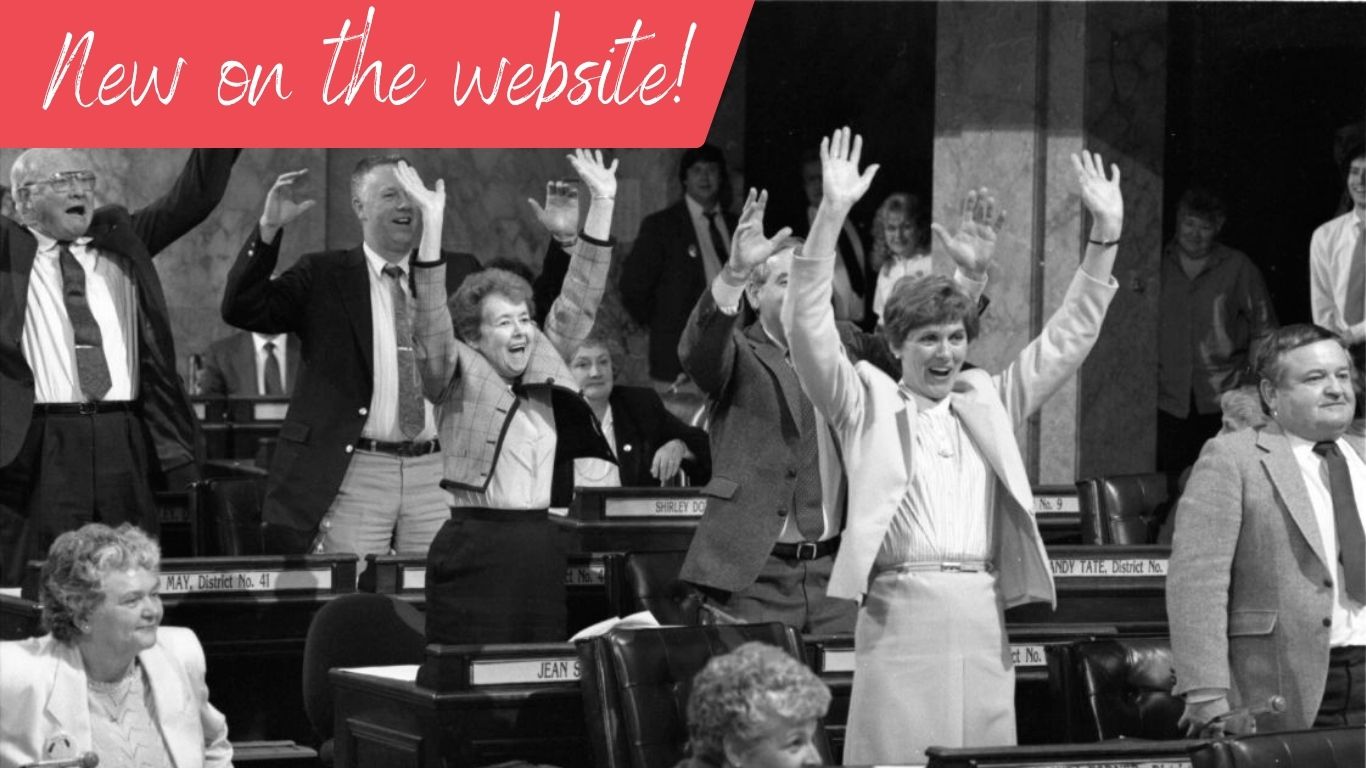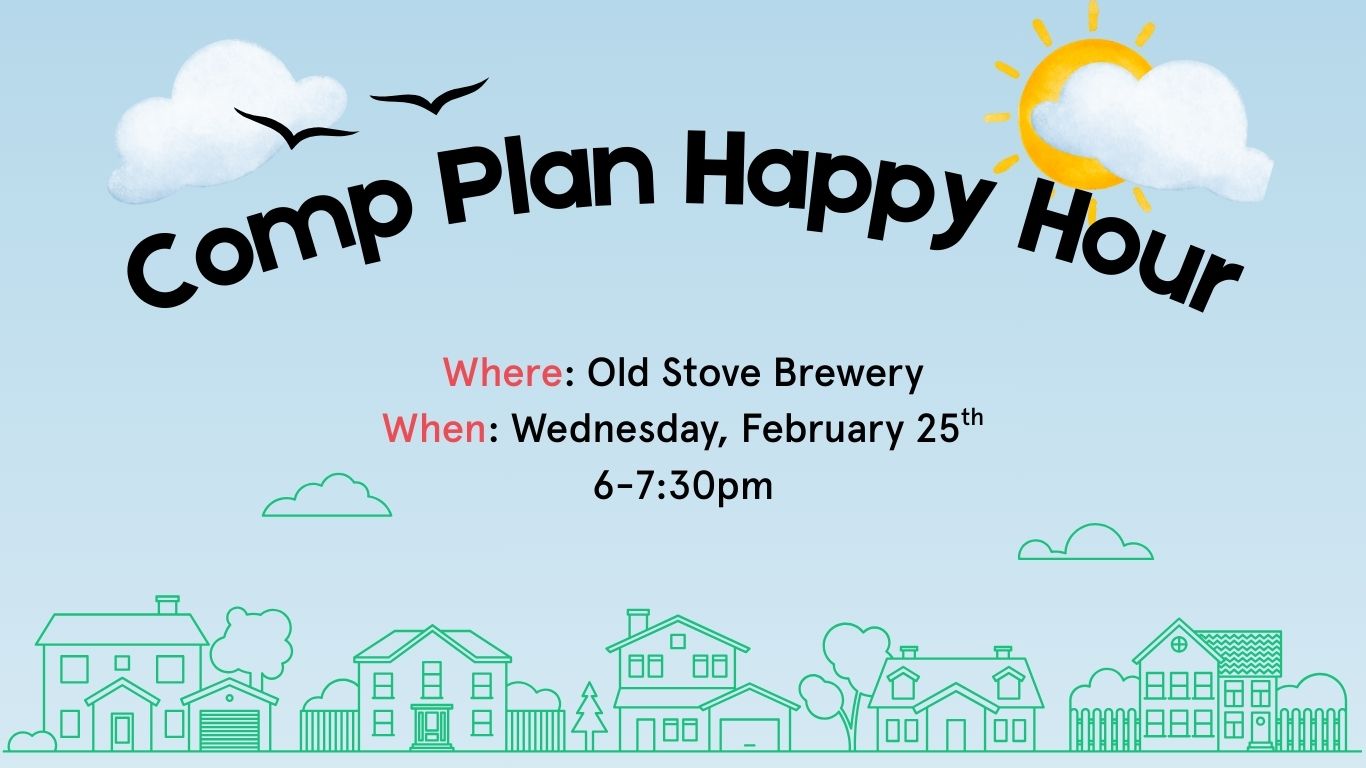Legislative Update February 1
Thanks for keeping up with us as this fourth week of the 2019 legislative session is almost behind us. Coming up next week are a host of new bills and issues we will be testifying on:
SB 5382 – Concerning tiny houses serving as accessory dwelling units.
Bill Summary: Allows for tiny houses, which are defined as a dwelling to be used as permanent housing with permanent provisions for living, sleeping, eating, cooking, and sanitation built in accordance with the 2018 International Resident Code
Futurewise Position: We oppose this bill. Tiny homes serving as accessory dwelling units are not appropriate outside the urban growth areas.
SB 5357 – Authorizing cities and counties to impose additional taxes for affordable housing.
Bill Summary: Provides for an addition .5% real estate excise tax (REET) dedicated to affordable housing.
Futurewise Position: We support REET for affordable housing, however, this bill may see some re-working in the next few days that would modify the REET percentage to .25%. We will be in support of that modification.
SB 5676 – Authorizing cities planning under the growth management act to impose certain REET by councilmanic action.
Bill Summary: Authorizes the implementation of the .25% REET for capital facilities by councilmanic action.
Futurewise Position: We support this bill (see above).
SB 5353 – Promoting redevelopment of certain areas to encourage transit supportive densities and efficient land use.
Bill Summary: Extends the multi-family tax exemption (MFTE) to include the areas that will be served by Pierce Transit bus rapid transit (within a quarter mile) in unincorporated areas within a city’s urban growth area (UGA) expansion and annexation zone.
Futurewise Position: We support this bill. New multi-family housing should be encouraged in areas that are served by rapid transit, and will soon be annexed to an adjacent city.
SB 5384 – Concerning the location of tiny house communities.
Bill Summary: Provides that tiny house communities can be sited outside of the urban growth area (UGA) and limited areas of more intense rural development (LAMIRDs) if affordability is not being achieved in urban areas.
Futurewise Position: We oppose this bill. Allowing for housing outside of the UGA does not necessarily create affordable housing. Affordable housing should be close to opportunity, transit, and other needed infrastructure including urban services such as water and sewer.
SB 5424 – Establishing minimum density standards around regional transit.
Bill Summary: Requires jurisdictions to rezone to 150 acres a unit within a half mile of light rail.
Futurewise Position: We are signing in “other” on this bill. We support encouraging density around light rail, but this bill does not address critically important peripheral impacts such as well-defined affordable housing requirements and effective anti-displacement strategies, and also does not address distorted impacts on the cost of land and considerations for how new or improved infrastructure will be funded. We anticipate that there will soon be alternatives to this bill that address some of these issues.
SB 5440 – Concerning the housing element of comprehensive plans required under the Growth Management Act.
Bill Summary: Provides for a definition of extremely-low, very-low and low-income affordability, and requires local jurisdictions to plan for and identify areas in which these units can be built. In addition, it requires local jurisdictions to review their housing stock and look for ways in which to preserve and expand the housing stock – all of which will be reviewed and approved by the Department of Commerce.
Futurewise Position: We support this bill, and provided a majority of the language. This bill would give teeth to the affordability requirements of jurisdiction’s housing elements.
SB 5520 – Concerning urban growth areas.
Bill Summary: Provides that urban services can be expanded for health and safety OR the environment instead of AND.
Futurewise Position: We oppose this bill. Providing further opportunities to expand urban services will expand the pressure to expand urban growth areas to support those services. This is backwards planning.
SB 5524 – Concerning agency obligations.
Bill Summary: Prevents any technical assistance or guidance provided by the Department of Commerce or any other state agency on the development of the comprehensive plan to include a section analyzing the effects of implementation. Implementation of agency guidance must not result in any net loss of current or future built environment.
Futurewise Position: We oppose this bill. This bill would limit the ability to implement new regulations that are intended to protect the environment as well as health and safety.
HB 1213 – Granting local governments the authority to make challenges related to growth management planning subject to direct review in superior court.
Bill Summary: Allows local government to make challenges directly to superior court.
Futurewise Position: We oppose this bill. The Growth Management Hearings Board (GMHB) provides a low-cost accessible option for non-lawyers to participate in the appeal process. The land-use process is exclusive and privileged enough now – our goal is to make the process more accessible for marginalized and low-income populations, not vice versa.
HB 1549 – Directing the department of ecology to adopt a rule governing the evaluation of greenhouse gas emissions (GHG) under chapter 43.21C RCW.
Bill Summary: Ecology must adopt a rule that directs how a lead agency will measure the impact of GHG. The rule would establish a threshold for mitigation and provide direction on when an action can be deemed non-significant. The rule must also establish that even with cumulative impact of other sources, the action will not contribute to overall global emissions. The rule must identify reasonable mitigation measures to offset the impacts of increased emissions by the actions.
Futurewise Position: We oppose this bill. This is the anti-Bill McKibben bill, the result of which would not allow for cumulative impacts on GHG emissions to be taken into consideration. How will we ever address climate change if every polluting action is evaluated in a vacuum?
HB 1451 – Concerning local project review undertaken under chapter 36.70B RCW.
Bill Summary: Requires local jurisdictions to respond within 10 days of a permit application, down from 28, otherwise it will be deemed procedurally complete. Upon further information, it requires local jurisdictions to further respond within 5 days of new information, down from 10, otherwise it will be considered procedurally complete.
Futurewise Position: We oppose this bill. Local jurisdictions are already stretched thin at the permit counter, and this bill this would allow permits to be procedurally correct even when missing important information.
Next week we will have more information on affordable and missing-middle housing bills that are expected to drop in the next few days.


